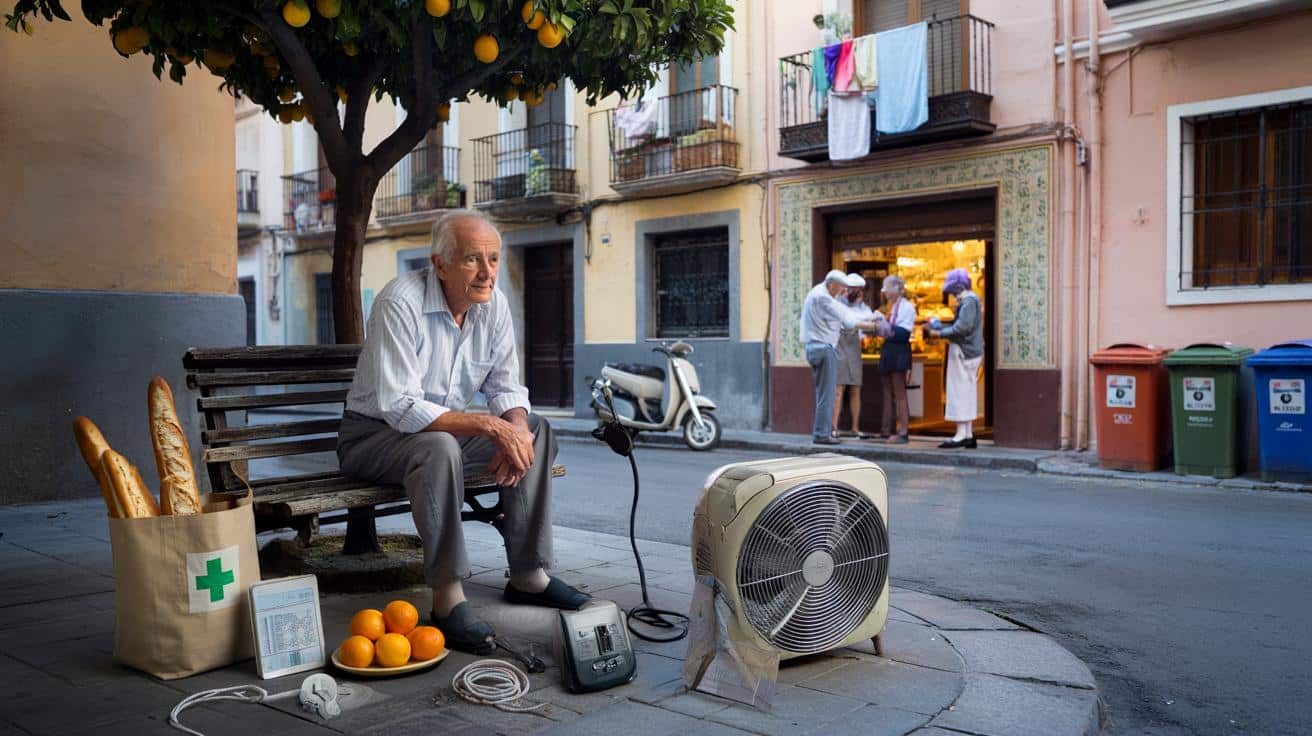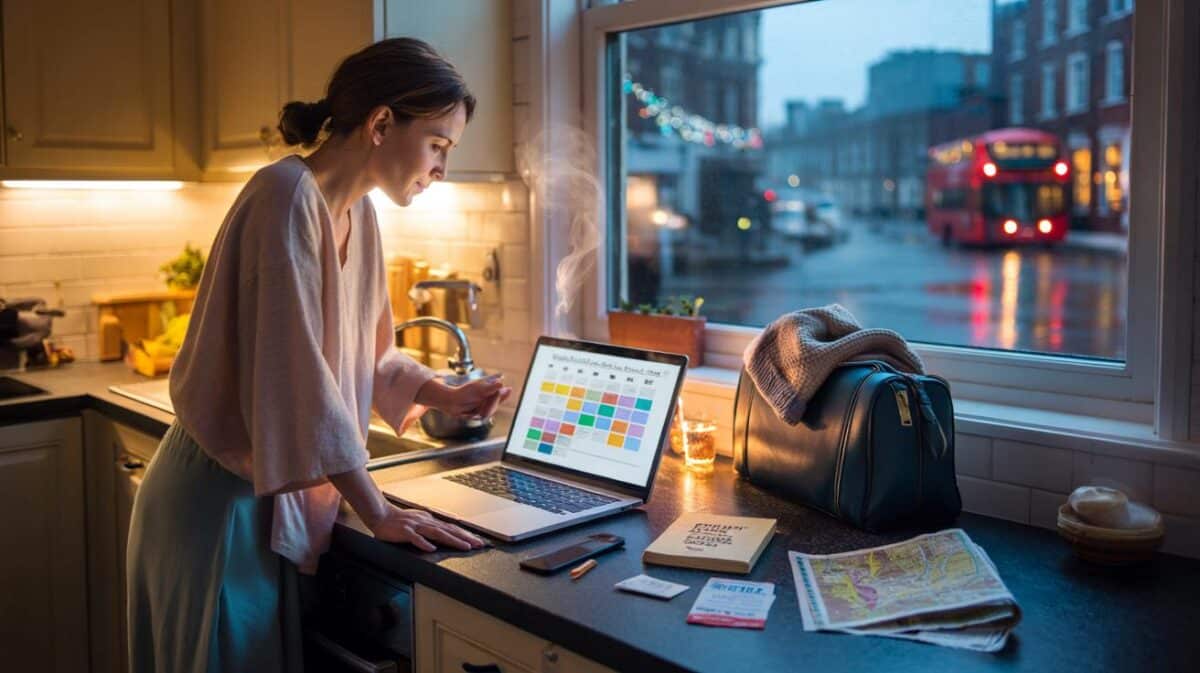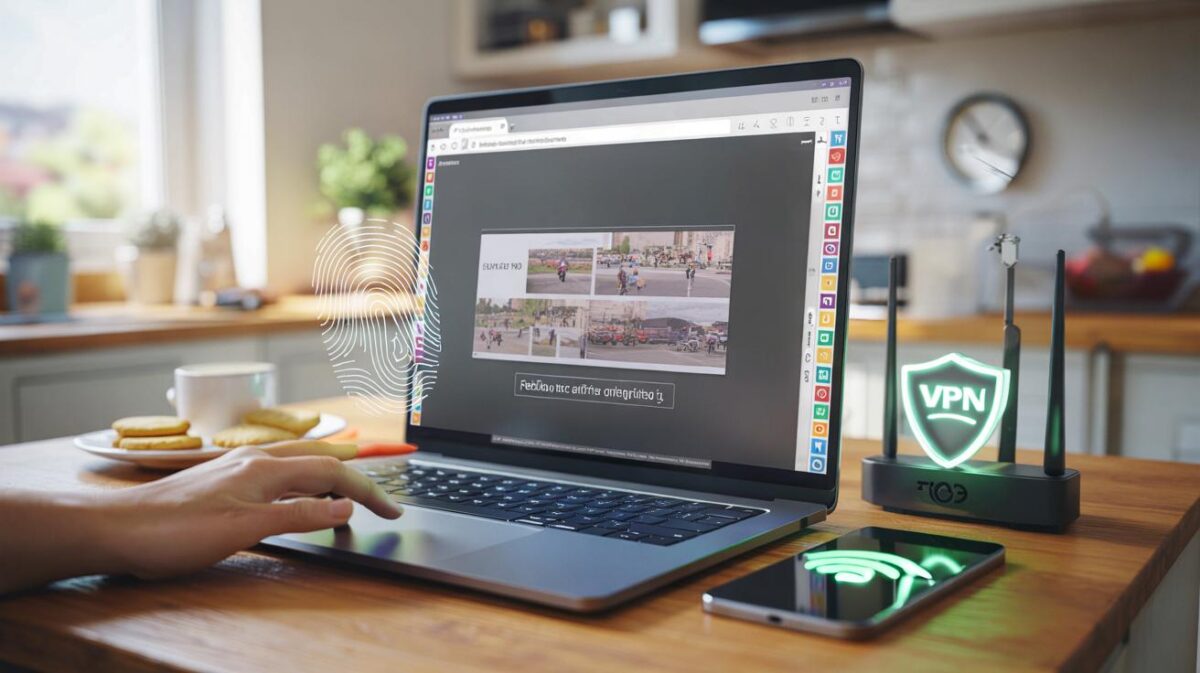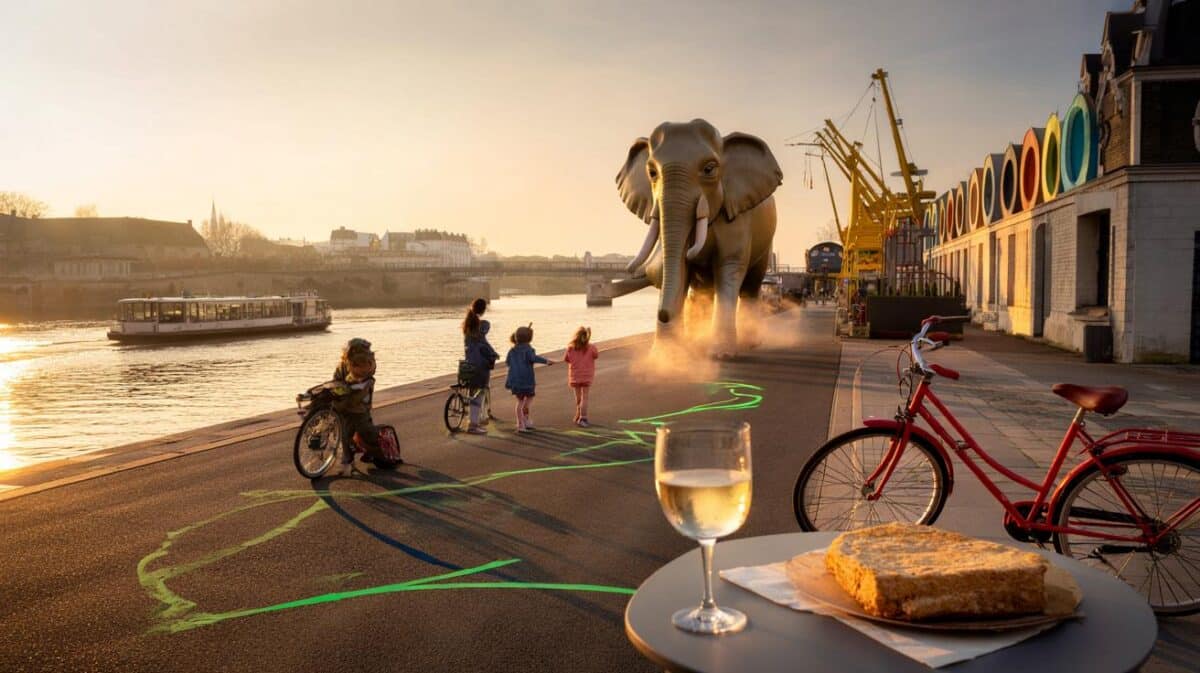Then reality taps you on the shoulder with a pharmacy queue, a tax form you don’t understand, and a neighbour who insists on chatting at 8 a.m. in a language you barely know. I gave myself 30 days to test the dream in real life. The truth is softer, messier, and oddly more beautiful.
The first week in Valencia felt like warm bread. Sea breeze through thin curtains, the lift that hummed like an old radio, the baker across the street who liked to overfill the bag. I watched older couples lean elbows on balconies and argue about nothing, gently. I learnt the door keys by muscle memory and burnt a pan trying to copy a tortilla. And then, on a Tuesday, paradise yawned.
The honeymoon is short; the Tuesday is long
Three days into my trial, I discovered the most honest measure of a place: a plain Tuesday. Not the festival day, not a beach Sunday. A normal week-day when it drizzles and you’re hunting paracetamol. That’s when you notice stairwells without lifts, how your back feels on unfamiliar mattresses, and whether you can find a cup of tea without a speech. It’s the day that decides if an address can become a life.
My Tuesday started with a dead phone battery and a card that wouldn’t tap at the bakery. The owner walked me to a cash machine, arm in the air waving away my apology, then taught me where to buy stamps and the trick for the municipal bins. On the way home, I tripped over a scooter and accepted that shorts were a statement in this neighbourhood. I learnt more in that hour than in a week of strolling old towns.
What the glossy sites don’t tell you is that joy travels in routines. You need the chemist at 5 p.m., a doctor’s number on the fridge, and a map in your head for that one reliable bench. Your budget isn’t just rent and wine; it’s fresh bedding, a plug adapter, and the “time-zone tax” of being six hours ahead when your family calls. Retirement isn’t a permanent holiday; it’s an ordinary day that happens to have better light.
What actually works in 30 days
Start with a 48-hour setup sprint. Buy a local SIM before leaving the airport. Test your bank cards with a tiny purchase. Get a transport card even if you love walking. Take photos of your passport and keep them in a secure cloud folder. Find three everyday places within 10 minutes: a grocer, a café, a green patch. Learn how to ask for receipts, painkillers, and directions to the nearest clinic. Do it fast, while the energy is high.
Big error: living like a tourist. Try a “one plan per day” rule and protect one long nap. Eat where you see school uniforms mid-afternoon. Don’t ship your life; travel with layers and buy cheap household stuff locally. We’ve all had that moment when you chase must-see sights and return with sore feet and no neighbours. Let’s be honest: nobody actually does that every day.
I met Irene, 67, from Leeds, on a park bench under a stubborn orange tree. She grinned at my notebook and said this.
“Retiring abroad isn’t escaping the old life. It’s making a new one with more benches.”
- The first 48-hour checklist: local SIM, card test, transport pass.
- Find your clinic and learn the word for “prescription”.
- Meet a neighbour; ask how rubbish collection works.
- Walk the block at night for noise checks.
- Join one local group chat or walking club.
- Buy cheap bedding and a nightlight; sleep matters.
- Save a digital copy of your passport and insurance.
- Pick your three places: café, grocer, green space.
The truths nobody puts on the brochure
The real cost isn’t only euros or ringgit. It’s patience. It’s the emotional maths of missing a birthday on FaceTime and finding joy in a slower queue. Some days you will feel 25 again, learning a city like a language. Some days you will feel foreign in a supermarket aisle where nothing is where your hands expect it to be. I slept better once I stopped trying to win at paradise.
Health care is calm when you prepare. In the EU, a GHIC got me necessary state care for short stays, and travel insurance gave me the rest. I wrote my medications in local words and kept a photo of the box. I found a dentist by asking the pharmacist, not a forum. And I paid in cash for little things because tapping isn’t universal, even in cities that sell you digital dreams.
Weather is a personality, not a number. A blue-sky forecast still turned a flat into a slow oven by 2 p.m. Tiles are charming and cold at midnight. Older knees notice cobbles. For community, I didn’t chase “expat groups”; I followed the sound of a midweek choir and said yes to a €3 bingo night. Belonging doesn’t arrive in a guidebook; it sneaks in when you remember the bus driver’s name.
Money will do the tango if you let it. A cappuccino for €1.50 means nothing when you’re paying dual bills or pension fees to move cash. I used a fee-light card for spending and pulled out larger amounts from ATMs to cut charges. I kept a stupidly small notebook of daily spend because apps felt cold. The surprise line items weren’t dinners; they were curtains, fans, and a plug-in kettle that ended the saga of lukewarm tea.
Then there’s time. It stretches when the pressure to “see everything” melts, and it tightens when you need a residency paper to pick up a parcel. Spain had its NIEs, Portugal its NIFs, but for a month I stayed in the shallow end and accepted I’d live like a very polite tourist. The quiet wins were things like learning when the bread sells out and which corner of the market hides the herbs.
Some truths arrive by smell. Laundry wafts through courtyards. Fish markets cling to your clothes. You notice which blocks smell like jasmine and which like last night’s tins. You start to read the place with your body. And that’s when an address becomes yours, even if only for a little while.
I left with two files: one of photos, one of small systems. My body now asks for the 11 a.m. sun, my feet go light at the sight of tiled streets, and my phone knows where the night bus stops. The 30-day trial didn’t solve the big retirement question. It did replace fantasy with rhythm. That feels like progress.
There’s one more truth nobody tells you: you will miss the oddest things from home, like a particular biscuit or the way British rain sounds against a bus shelter. You will also discover something gentle inside yourself that only shows up when you’re lost but not scared. Share that feeling with someone who might need it. Ask them about their Tuesday.
| Point clé | Détail | Intérêt pour le lecteur |
|---|---|---|
| The Tuesday Test | Judge a place on a routine weekday, not the highlight reel. | Helps predict whether a city fits real life, not just holidays. |
| The 3-Place Rule | Find a café, a grocer, and a green spot within 10 minutes. | Builds instant micro-community and daily ease. |
| The 48-Hour Sprint | SIM, bank card test, transport pass, clinic address, copies of documents. | Removes friction fast so you can enjoy the month. |
FAQ :
- How much money do I need for a 30‑day trial?Think in daily bands. Rent aside, aim for a flexible pot of £35–£60 per day for food, transport, and small setup buys. Keep a buffer for one surprise bill, like a new fan or a dental check.
- Where’s easiest for a month without complex paperwork?Most places welcome you as a tourist for 30–90 days. Cities with strong public transport and walkable centres — Valencia, Porto, Athens — make short stays feel simple.
li>What about healthcare on a short stay?In the EU, a GHIC can cover necessary state care during visits. Pair it with travel insurance for private clinics and peace of mind. Write your meds and allergies in the local language.
- Should I rent an apartment or stay in a hotel?For the “live here” test, a small furnished flat teaches more than a hotel. Look for weekly discounts, check noise at night, and confirm basics: fan, kettle, decent mattress, blackout curtains.
- How do I deal with loneliness?Pick one weekly group with a time and place — a walk, choir, or language exchange — and turn up twice even if the first time feels awkward. Say hello to the same barista. Small, steady beats win.









That “Tuesday Test” articulation is gold. I’ve moved cities three times and the plain, drizzly weekday always tells the truth: mattresses, stairwells, and whether tea arrives without a speech. Your 48‑hour sprint reads like a checklist I wish I’d had years ago. Calm, practical, human.
Thirty days isn’t “retirement abroad”; it’s a scouting trip. Still, your budget notes (the time‑zone tax!) and cash‑over‑tap reminder are solid. I’m sceptical about the romance, but the systems are definately the point. Less dream, more Tuesday.